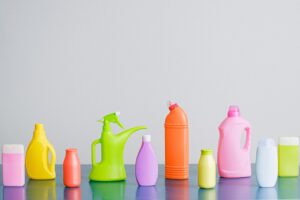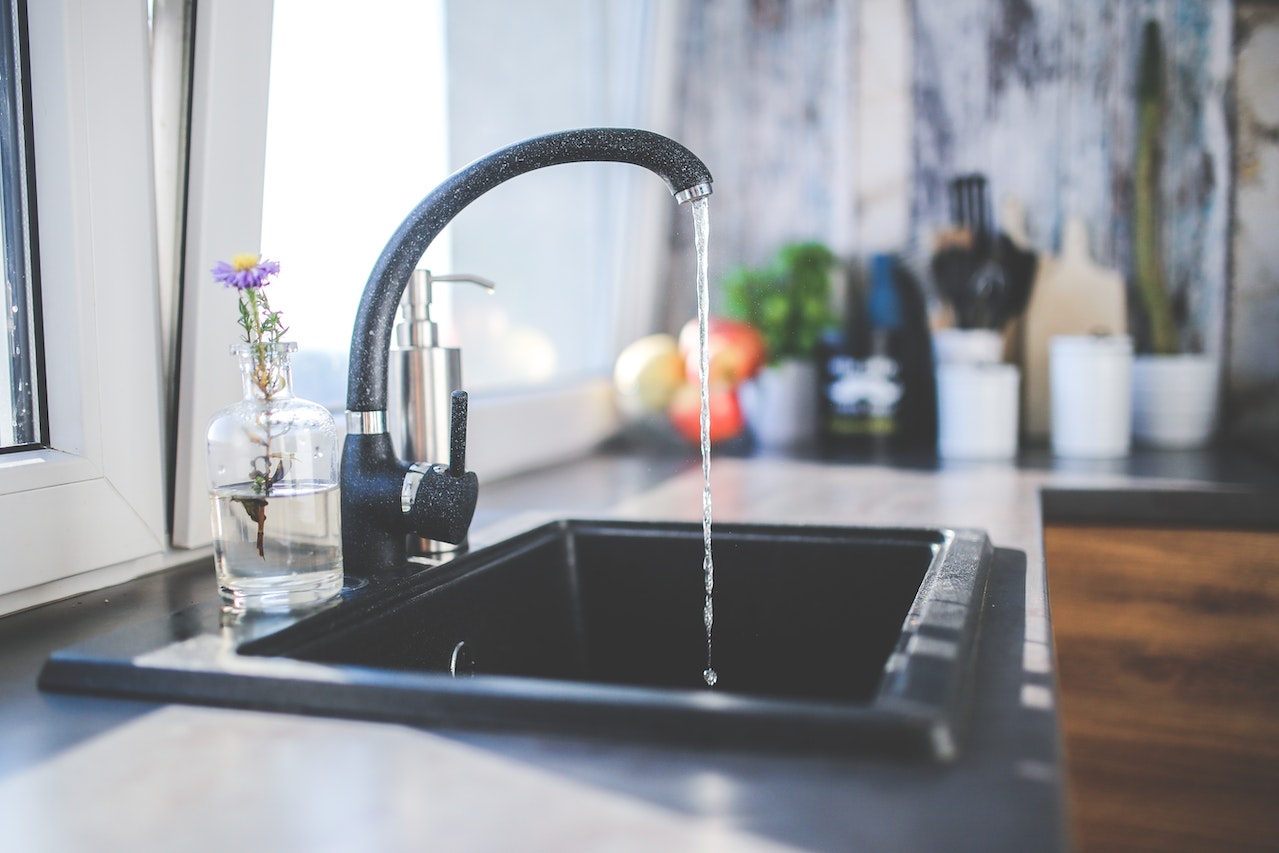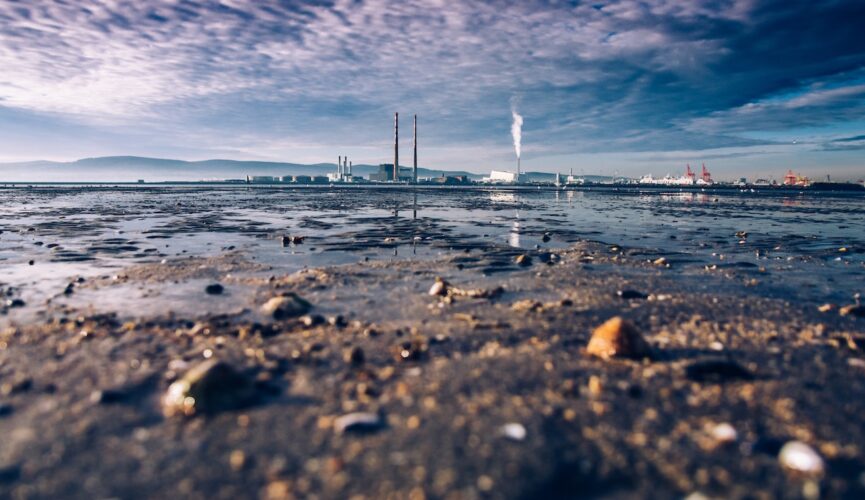Water is a precious resource that sustains life on our planet. However, with the increasing pollution and contamination of water sources, it has become more important than ever to take measures to avoid water contamination. The consequences of consuming contaminated water can be dire – from minor illnesses to severe health issues. There have been places that were once widely affected by it, and residents got diseases due to it. If this is already what you’re dealing with, contact the Camp Lejeune lawsuit attorney. Here, we will talk about the proven tips to avoid water contamination.
Properly Dispose Household Chemicals
 Proper disposal of household chemicals is crucial in preventing water contamination. Chemicals such as cleaning products, paints, pesticides, and motor oil can seep into the ground and contaminate groundwater sources if not disposed of properly. To dispose of these chemicals safely, follow your local government’s guidelines for hazardous waste disposal. You can also look for community collection events where you can drop off your household chemicals. Avoid pouring any leftover household chemicals down the drain or flushing them down the toilet, as this will cause significant harm to our environment.
Proper disposal of household chemicals is crucial in preventing water contamination. Chemicals such as cleaning products, paints, pesticides, and motor oil can seep into the ground and contaminate groundwater sources if not disposed of properly. To dispose of these chemicals safely, follow your local government’s guidelines for hazardous waste disposal. You can also look for community collection events where you can drop off your household chemicals. Avoid pouring any leftover household chemicals down the drain or flushing them down the toilet, as this will cause significant harm to our environment.
Treat Sewage and Wastewater Properly
Proper sewage and wastewater treatment is essential in preventing water contamination. Every day, households and industries produce large amounts of wastewater that contain harmful chemicals, pathogens, and other pollutants. If not treated properly, these pollutants can end up in our rivers, lakes, and oceans. One way to treat wastewater is through a septic system. A properly functioning septic system will separate solids from liquids before releasing the treated water into the soil, where it gets absorbed naturally. It’s important to have your septic system inspected regularly to avoid any leaks or malfunctions that could lead to groundwater pollution.
Avoid Agricultural Runoff
Agricultural runoff is a major contributor to water contamination. It occurs when rainwater or irrigation carries fertilizers, pesticides, and animal waste from farms into nearby rivers, lakes, and groundwater sources. This poses a threat to the environment and human health, as it can lead to the consumption of contaminated water. One effective way to avoid agricultural runoff is by implementing proper nutrient management practices on farms. Farmers should use fertilizers judiciously and apply them at appropriate rates based on soil test results.
Install Water Filtration Systems

Water filtration systems are important tools that can help to prevent water contamination. These systems remove impurities and contaminants from the water, leaving it clean and safe for consumption. Several types of water filtration systems are available on the market, each with its unique benefits. One type of water filtration system is a reverse osmosis system. This type of system works by pushing tap water through a semi-permeable membrane that removes impurities and contaminants.
Test Your Water Regularly
Testing your water regularly is an important part of ensuring that it is safe for consumption. Even if you have a filtration system in place, it’s still important to test your water to ensure the system works properly and effectively removes contaminants. Several ways to test your water include DIY home testing kits or sending samples to a lab for analysis. You should test your well water at least once a year, while city or municipal water should be tested every few years. When testing your water, look out for common contaminants such as bacteria, lead, nitrates, and arsenic. If any of these contaminants are found in high levels, take immediate action to address the issue.
There are various ways to avoid water contamination and ensure the safety of your drinking water. From properly disposing of household chemicals to installing a water filtration system, every step counts towards keeping our planet’s most valuable resource clean and potable. Remember that testing your water regularly is also vital in identifying any potential problems early on. Please don’t wait until it’s too late! Take action today by implementing these recommendations into your daily …

